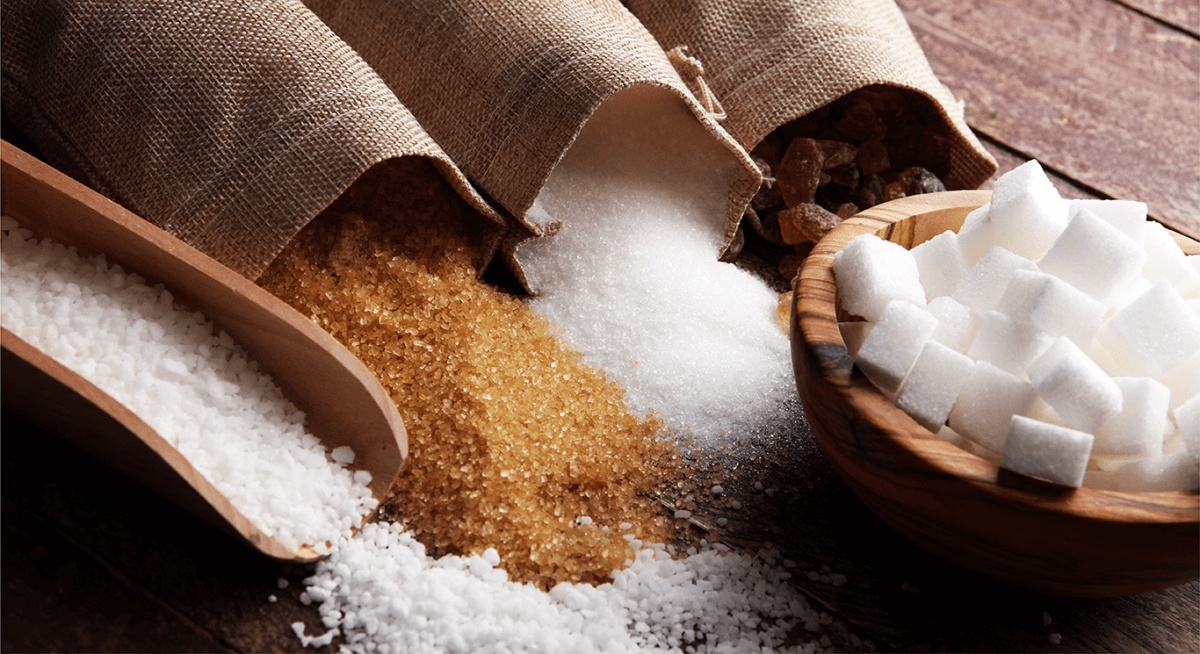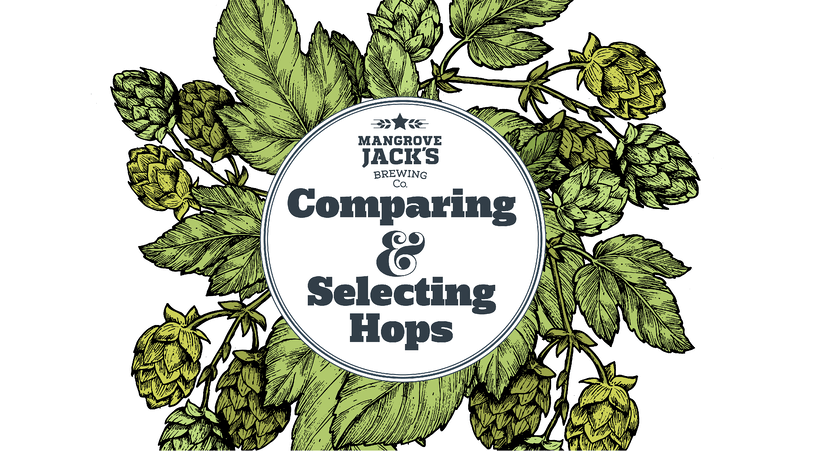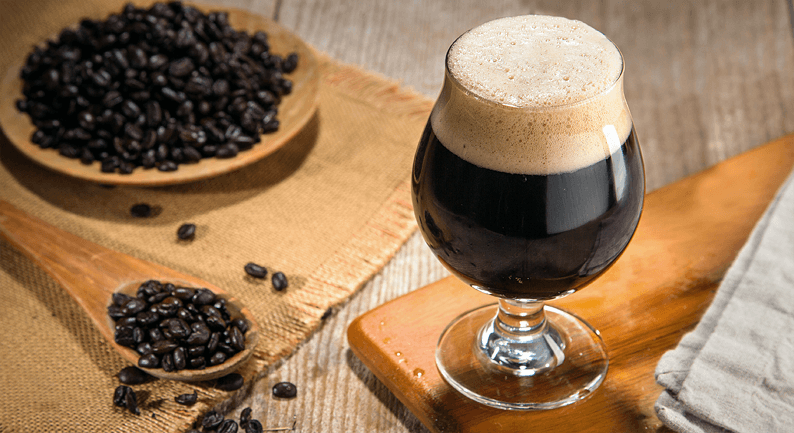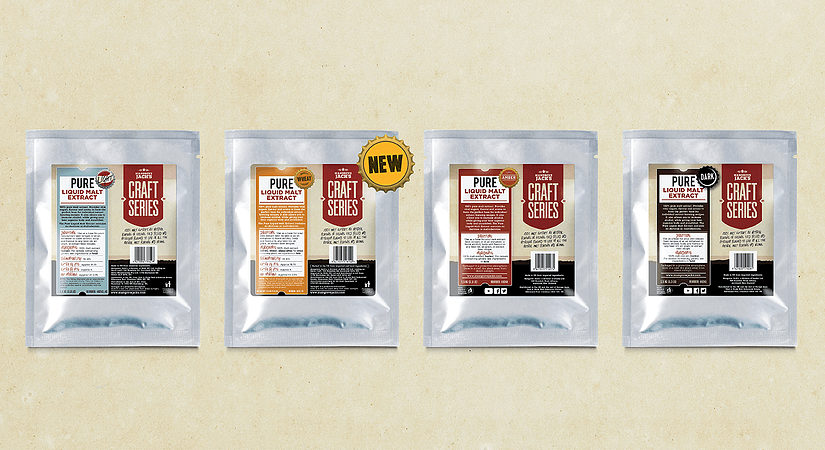You may have been told, in some way or another, that adding sugar to your brew is a big no-no if you want to make the best beer. Well, we're here to tell you that adding sugar to your homebrew isn't something to shy away from. In fact, some styles of beer call for simple sugars as a requirement. That being said, let's look a closer look at sugar and brewing - the different kinds of sugar, how to use them and what they will add to your beer.
In order to make alcohol, yeast needs sugar to convert. In wine, cider and in some spirits, this sugar is easily available from natural fruits, but when it comes to brewing beer, the brewer is responsible for extracting the sugars that are needed for fermentation. This is done by converting the starches in your grain into sugar during the mashing step.
Sugar that is extracted from grains is not the only sugar that is available to us as brewers, there are actually many different forms with various uses. Still, some homebrewers are wary of utilising sugar in their beers because it seems like a short cut or it may seem inauthentic to the traditional brewing process (go away Reinheitsgebot).
The good news is that sugar is not something to be afraid of using in your homebrew! Many commercial beer styles make ample use of sugar – especially a lot of Belgian and British ales. As with any ingredient, though, you should be aware of how to use it and what it will add to your beer.
Corn sugar (aka. dextrose or brewing sugar)
Dextrose is a simple, highly refined sugar that is fully fermentable. This sugar is popular with brewers because it gives consistent and predictable results.
In additions of less than 10%, it adds nothing in terms of flavour, but it does help lighten the body of your beer which can make the hop character shine. In additions over 10%, dextrose can thin out the body of your beer, which can give it a 'cider-like' flavour.
Dextrose can be added at any stage in the brewing process as long as it is kept free of moisture as this will change how many gravity points can be added. Moisture can also provide a medium for bacteria and wild yeast to grow, so it's best to keep moisture out.
Belgian candi sugar (rocks or syrup)
Belgian candi sugar is an almost essential addition for Belgian style beers. It derives from sugar beet, which is then subjected to heating and evaporation to add flavour and colour and to remove excess water so that it can be refined into either a syrup or crystalline rocks.
These sugars typically come in many varieties from light to dark. Lighter varieties are used to remove body from large light Belgian beers like Tripels and Golden Strongs'. Darker varieties add more flavours - like fig, prune, rum and dark fruits - to your beer.
Syrups are easier to use as they dissolve much better in the wort. Rocks require heating and constant stirring before they fully dissolve.
Table Sugar (sucrose)
Sucrose comes from sugar cane or beets. It will add alcohol and thin down the body of your beer and, like dextrose, can be added at any time in the brewing process.
There are many different opinions to whether sucrose adds a distinct flavour to beer or not. A few recent studies have shown that the way this sugar is metabolized by the yeast may have an impact on the body of the beer vs. the hop character.
Honey
There are many different varieties of honey which results in many different flavours and aromas. Most honey aromatics and flavours are extremely difficult to keep in the beer as the yeast will consume the honey. Fermentation can also scrub the beer of the aromatics.
Therefore, it is best to add honey late in fermentation or after fermentation is complete. You may also want to add a preservative to inhibit the yeast which will allow the honey to sweeten your brew.
Maple Syrup
Maple syrup is a delicious, sweet syrup which can add some subtle wood characters to your beer. If you decide to use maple syrup, try source authentic maple syrup rather than the highly processed version that is available in most supermarkets. Darker maple syrups will impart more flavour and aroma.
Treacle (or molasses)
Treacle is the British equivalent of molasses. It is a dark, almost tar-like syrup with an intense, complex rum-like flavour which comes through strongly in your beer. Molasses is actually produced as a by-product of refined cane or beet sugar.
Moderation is key when using treacle as it is very distinctive. Being very high in sugar, these sugars can be added at any time in the brewing process without risk of contamination.
Muscovado (or brown sugar)
Muscovado is cane or beet sugars that contain natural molasses or treacle. They can range from light to dark brown. These sugars can add rum and some dark fruit-like characteristics to your beer.
It is best to add these to hot wort to ensure they dissolve well. Muscovado is made up of complex sugars which will not be metabolised by yeast, resulting in flavours that can survive fermentation.
Lactose
Lactose is also known as milk sugar and is a mostly an unfermentable milk sugar that will add body and a little sweetness to your beer. This is a characteristic ingredient of milk stouts. Lactose is added while the wort is hot to ensure that it dissolves. It is often added at 100g (3.5oz) to 23 L (6 gal) wort.
Maltodextrin
Maltodextrin is a carbohydrate that is a component already found in beer due to the malted barley. It adds body but not sweetness to your beer, so it is useful for boosting thinner beers. Maltodextrin is not fermentable by the yeast and can be added right up until bottling. Maltodextrin can also help with head retention.
There are many other types of sugars that brewers can utilise throughout the brewing process, but these are some of the most common sugars that help provide a good example of how sugars can be used. To summarise, more aromatic, flavourful sugars can be used in fermentation to add flavour and aromatics to the beer whereas unfermentable sugars can add body to your beer.
As you can see, sugar is an extremely useful tool for brewers. What sugars have you used in your beers and what did they contribute? Let us know in the comments below.




